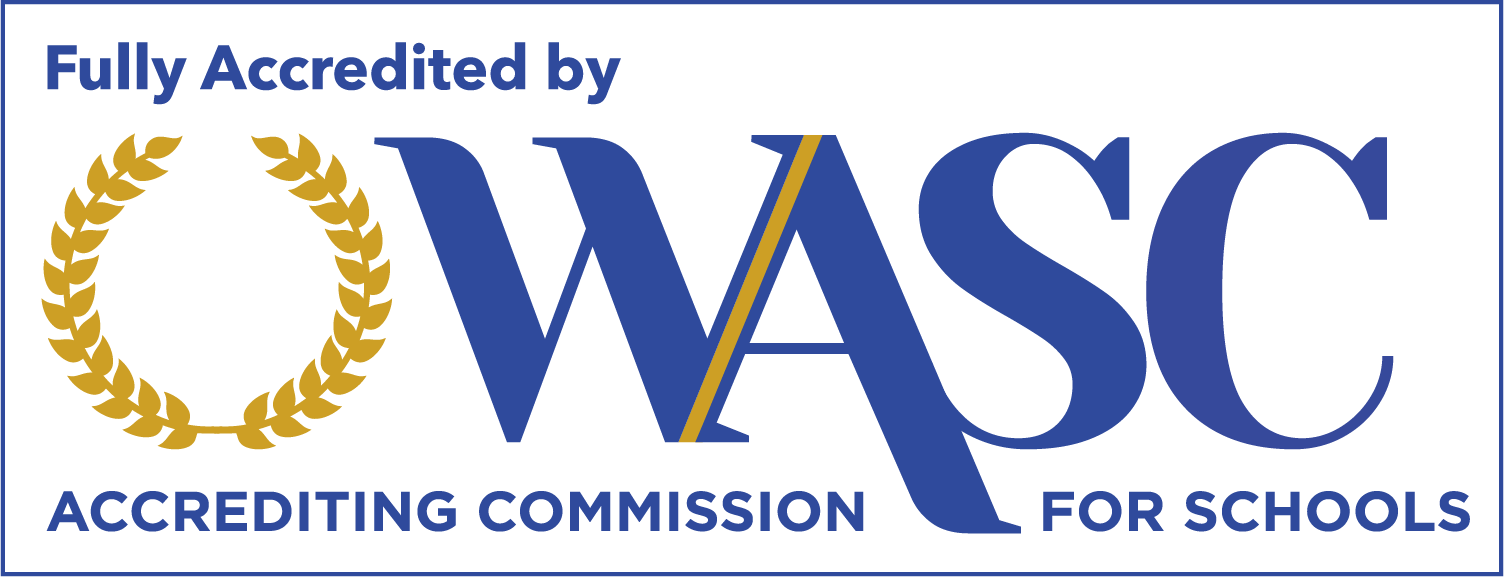Talking to Your Child about Dyslexia
If a child struggles with reading, writing, spelling and decoding new words, there is a possibility that they are struggling from a specific learning disability called ‘dyslexia.’ Dyslexia is not a disease; it just refers to the condition where you learn differently.
Understanding Dyslexia
Dyslexia is an inherited neurological condition that affects 1 in 5 people. It affects boys and girls equally. Children with dyslexia struggle to recognize and manipulate the sounds of language which can impair their ability to decode new words and break them into pieces that they can sound out. Dyslexia is caused by a breakdown in the phonological component of language and is not a hearing problem. Dyslexia can cause difficulty in all aspects of language: speaking, reading, writing, and spelling. Children might be able to memorize some words but find it difficult to read new words or retrieve familiar ones. Dyslexia can also affect directionality, sequencing events such as days of the week or months of the year and following through with multi-step directions.
Dyslexia presents as a gap between a child’s academic achievement and their intellectual ability but is not associated with a lack of intelligence in any way. Some children show very little difficulty early in their academics but face great difficulty in higher grades. Generally, the younger a child is identified, the more severe their dyslexia. Regardless, all children should understand that they have their parent’s unconditional support if and when school gets difficult. Talking with your child will help you understand their struggle and guide them in overcoming the challenges they face.
How Can Adults Explain Dyslexia to Children?
Adults, such as parents and teachers, are vital in helping a child deal with and understand dyslexia. It is important for these adults to learn all they can about dyslexia in order to support the child. Students with dyslexia need specific intervention in order to overcome their decoding weakness, learn to read, and thrive academically.
Providing information to children about dyslexia is helpful to guide and nurture them. Some suggestions we have include:
- Choose a suitable neutral setting to start the talk. A peaceful environment is best to bring up your child’s challenges. For example, your child might openly talk while on a walk together rather than during homework supervision.
- Talk to them about their struggle with reading and explain what dyslexia is. Children deserve to know about dyslexia and the challenges it possesses. At the same time, they need to know that it does not mean they are unintelligent and that they are not alone. Remind them that they are just as bright as other children and it is acceptable to learn at different speeds.
- Talk to your child in clear and accurate language so they can understand their challenges in a manageable way.
- Remind them that their teachers understand their struggle and are there to help them. Talk to them about the classes they have trouble with and how different teaching methods can help them.
- Help them feel empowered instead of inadequate. Children with dyslexia may feel alone and unlike others. Discourage their negative thoughts. Help them identify their strengths often found in music, athletics or art.
- Children with dyslexia can be sensitive to their differences and may worry about their sibling’s views. Remind their brothers or sisters that we all have things we are good at and things we struggle with. It is all of the family’s job to help when needed.
- Encourage your child to talk to their friends. Some classmates might know about dyslexia but others do not. Knowledge is power. The more people know about dyslexia, the easier it is for the child to accept their differences.
- Reassure your child about the future but explain some of the challenges they may encounter too. Remind them that they can do anything they want in life. It might be a little harder for them but they can do it!
Teaching Tips for Adults
Praise Rather Than Criticize
Dyslexic children need additional support to overcome their challenges. They likely have experienced failure and think that they cannot do anything well in life. Encourage and praise children for their achievements to help re-establish their confidence to succeed.
Do Not Ask Them to Read Loud
Avoid asking dyslexic children to read aloud with peers. Misread words might sound funny to other children and can damage their self-confidence if their peers laugh. In a one-one setting, encourage and motivate children to read and gently correct their errors.
Never Use the Word Lazy
Children with dyslexia need to work hard to produce smaller amounts of work. They may have difficulty focusing during a class or produce less work than requested. Avoid calling them lazy or unmotivated or telling them to try harder if they fail to do a task in a timely manner.
Do Not Ask Them to Copy
It can be very difficult for a dyslexia child to copy from a board or book because reading and spelling is not automatic for them. Teachers can provide a printout of the lesson and highlight areas to represent essential points.
Allow Them to Answer Orally
Dyslexic children often excel in sharing their ideas verbally but find it difficult to put those same thoughts into writing. Allow them to share their ideas through speeches, presentations, or posters. If they do need to write, allow them extra time to understand, read and write.
Discuss an Activity and Ensure They Understand
Help your child to visualize an activity or link it to a funny action to help them remember. Give them a chance to answer orally; chances are that they know the answer!
Use of Technology
Allow them to use computers to help with assignments. Text to Speech and Speech to Text software will be beneficial when writing is a challenge. Allow them to use grammar and spell checkers so they can see their mistakes and correct them. Audiobooks and apps to convert text to speech will help them keep up with their peers when reading is challenging
Bottom Line
Talking to children with dyslexia is vital for both the child and adults to navigate through the challenges. Teachers and parents play a huge role in helping these children to overcome their struggles and find academic success.
READ Academy of Sacramento is the right place to help your dyslexic child read, write and spell successfully. They have knowledgeable, passionate and dedicated instructors to help your child overcome their challenges to find academic success.




